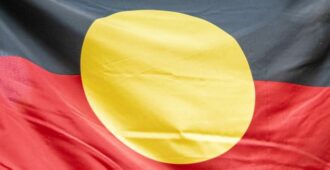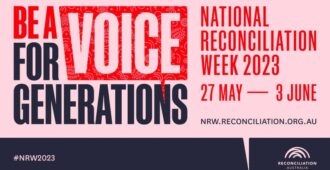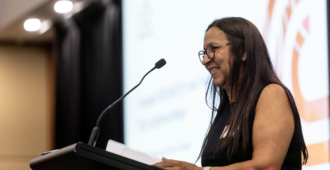A study addressing the under-researched area of mental health in Aboriginal people has found that nearly one in five parents or carers of Aboriginal children suffers a high level of psychological distress.
The study, published in the Medical Journal of Australia, found that parents and carers who reported health problems that limited their daily activities had four times the odds of reporting high levels of psychological distress – important information for health practitioners to take into account.
Those who had previously been hospitalised or sought care for a mental health problem had more than three times the odds of suffering high levels of distress. The figures were similar for those who were less involved in community clubs or groups compared with those who were more involved in their communities.
“Our findings show that high psychological distress is very common among the parents of Aboriginal kids, especially among those with a history of physical or mental health problems,” said the paper’s lead author Dr Anna Williamson from the Sax Institute.
“While it’s clear that improving the mental health of parents and carers of the next generation of Aboriginal young people must be a priority for closing the gap, existing research indicates that Aboriginal parents often feel unable to access mental health services for fear of their children being removed.”
The findings are the latest to emerge from the Study of Environment on Aboriginal Resilience and Child Health (SEARCH), an active partnership between Aboriginal community controlled health services and researchers to produce much-needed data that can guide policy and lead to improved services for Aboriginal people.
More than 1600 children from 600 urban Aboriginal families are participating in SEARCH, a partnership between the Aboriginal Health and Medical Research Council, the Sax Institute, leading researchers across Australian universities and four Aboriginal community controlled health services in NSW. In SEARCH, health services set the research priorities and guide how data is collected, interpreted and used.
SEARCH partner and CEO of Tharawal Aboriginal Corporation Mr Darryl Wright said the research highlighted the importance of continuing the strong relationships many Aboriginal community controlled health services had built with mainstream health services such as hospitals and mental health services.
“Aboriginal community controlled health services are the only place many Aboriginal parents feel safe to access mental health care,” he said.
“There is a lot of pressure on mums in particular and we place a high priority on working with our mums as this really does have an impact on the kids.”
SEARCH partner and CEO of the Aboriginal Health and Medical Research Council Ms Sandra Bailey said: “This work highlights an urgent need to make community controlled health services a part of the solution when it comes to addressing the critical issue of mental health and wellbeing for Aboriginal people. The need for resources must be recognised – this is a major issue that can’t be ignored.”
About SEARCH
SEARCH is creating a long-term platform for closing the gap. The largest ongoing study of urban Aboriginal children ever conducted, SEARCH aims to do two equally important things: better understand the causes of health and disease among urban Aboriginal children and their families; and use this information to drive real improvements in services and health outcomes for Aboriginal people. It is an active partnership between Aboriginal health services and researchers, where health services set the research priorities and guide how data is collected, interpreted and used.
The SEARCH partners are: The Aboriginal Health and Medical Research Council, the Sax Institute, leading researchers across Australian universities and four Aboriginal community controlled health services: Tharawal Aboriginal Corporation (Campbelltown), Awabakal Ltd (Newcastle), Riverina Medical and Dental Aboriginal Corporation (Wagga Wagga) and Sydney West Aboriginal Health Service (Mt Druitt).




